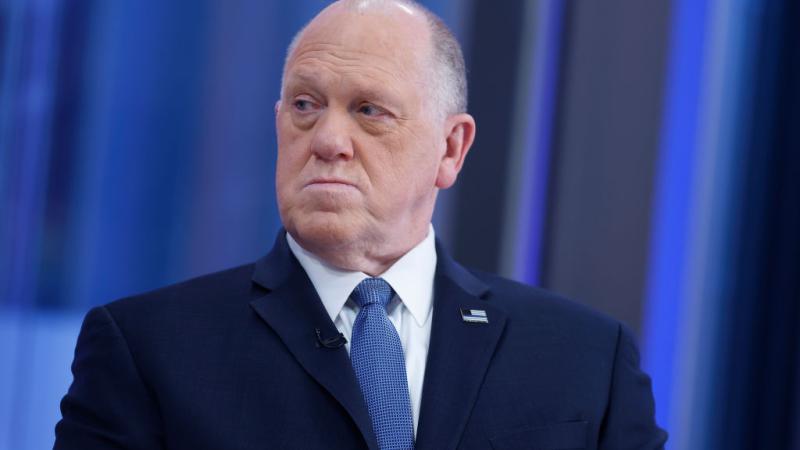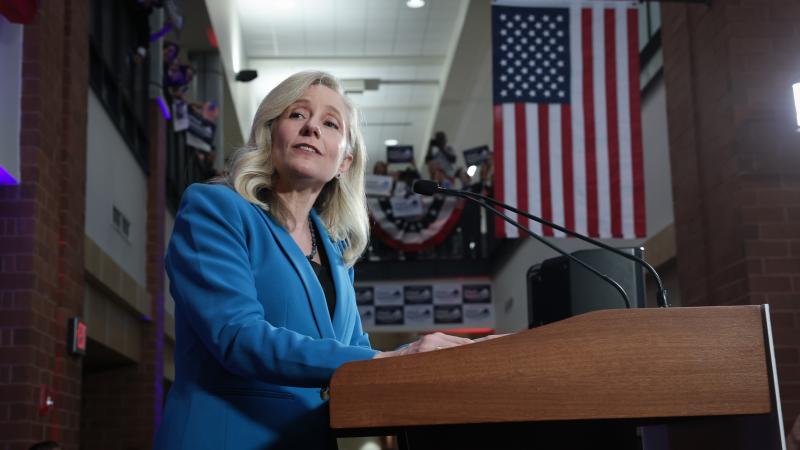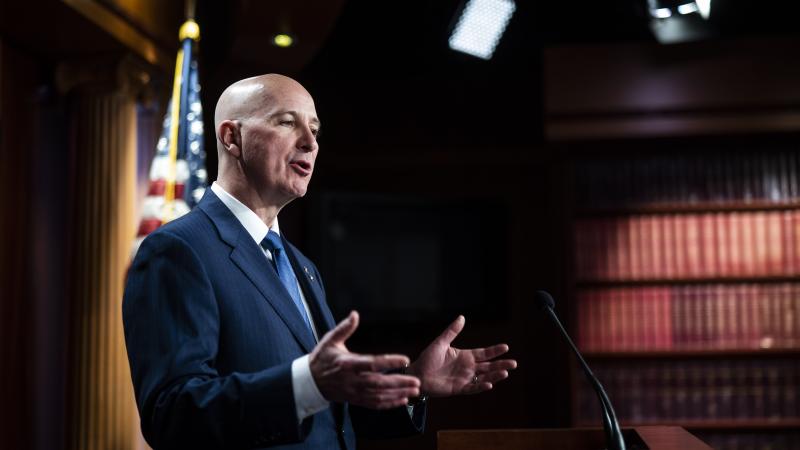Did anti-Trump bias blind science to evidence for COVID lab-leak theory?
Several public health experts and scientists have recently suggested scientific reluctance to investigate the hypothesis was due partly to Trump's embrace of the theory.
A growing number of scientists are signaling what could turn out to be a scandal among the U.S. scientific community: That many scientists last year opposed the COVID-19 "lab-leak" origin theory simply because then-President Donald Trump had spoken favorably of it.
The lab-leak hypothesis postulates that the SARS-Cov-2 virus may have escaped from a Chinese coronavirus lab located just a few miles from the first known outbreak of COVID-19. The suspicion was largely ignored or dismissed as a conspiracy theory by much of the press and scientific community over the past year.
The lab-leak theory has gained mainstream credibility — including among major politicians — only over the past few months. Last month, an international team of nearly twenty scientists released a public letter in the journal Science stating that the lab-leak theory was a "viable" hypothesis and calling for a "transparent, objective, data-driven" investigation.
In recent weeks, several public health experts and officials have suggested that part of the reluctance of scientists to call for investigations into the hypothesis may have been because Trump was a proponent of the theory at the outset of the pandemic last year.
In a major report on the lab-leak theory in Vanity Fair this month, Miles Yu — a China strategist with the State Department — said that the international scientific community responded with "maddening silence" after Trump's early endorsement of the theory. "Anyone who dares speak out would be ostracized," he claimed.
Former Deputy National Security Adviser Matthew Pottinger told Vanity Fair that a similar "antibody response” flowed through the U.S. government itself, with government workers fearing that the theory could be seen as "destructive nativist posturing," as the magazine put it.
In early 2020, the lab-leak hypothesis "got jumbled up together with some of the more crazy aspects of Trump," J. Stephen Morrison, director of the Global Health Policy Center at the Center for Strategic and International Studies, told NPR last month. "And scientists recoiled against that and went in favor of the theory that COVID-19 had emerged out of a natural process versus a lab escape."
Akiko Iwasaki, an immunologist at Yale University, told the New York Times last month that "in the beginning, there was a lot of pressure against speaking up, because it was tied to conspiracies and Trump supporters."
Alina Chan, a geneticist at MIT, told NPR that Trump's endorsement of the theory tainted scientific inquiry into the matter. Chan herself claimed to have been "compared to insurrectionists and Qanon" for bringing it up.
"Preferred values tend to determine perceived facts"
Despite widespread perceptions that scientific inquiry is free from any taint of political bias, political and ideological values all too frequently seep into the way scientists frame scientific questions, according to University of Massachusetts political science professor Morgan Marietta.
"The answers provided by scientific methods are not biased by political ideology, but the questions posed by scientific practitioners are surely biased by political ideology," he told Just the News. "The role of values in the early parts of scientific inquiry — framing the questions that are appropriate and important to ask — is deeply underappreciated."
Marietta's research "indicates that in the contemporary environment of deep political polarization, preferred values tend to determine perceived facts," he said. "An optimist could assume that higher education lessens this connection, but the evidence suggests the opposite. Highly educated people are merely more skilled at connecting their values to their perceptions."
Longtime science writer Nicholas Wade authored a deep dive into the lab-leak theory for the Bulletin of Atomic Scientists last month. "Trump's comments clearly polarized debate about the issue," he agreed.
"The current academic community certainly leans to the left and may well have bought into the defective argument that anything Trump said was untrue," he said.
"It's hard to say why elite opinion on lab leak has shifted so suddenly," Wade continued. "The WHO visit to Beijing in February may have set the stage because it made clear that the Chinese authorities had no evidence to offer in favor of the virus having emerged naturally."
In February, a team of World Health Organization investigators were allowed to conduct a brief investigation in China regarding the origin of COVID-19. They reportedly spent just one day at the Wuhan Institute of Virology — the lab at the center of the theory — while under the supervision of lab scientists.
The investigation has been criticized for perceived shortcomings, including the fact that one of its team members, U.S.-based scientist Peter Daszak, was a major funder of the Wuhan lab's coronavirus experiments in the years leading up to the pandemic.
Daszak's inclusion in the team may have been the reason the experts in the open letter in Science last month called for any COVID-19 lab-leak investigation to be "responsibly managed to minimize the impact of conflicts of interest."
Daszak was one of the organizers of an influential multi-scientist letter in early 2020 that dismissed the burgeoning lab-leak theory as an example of the "rumours and misinformation" surrounding the origins of the virus. "We speak in one voice," the authors wrote.














